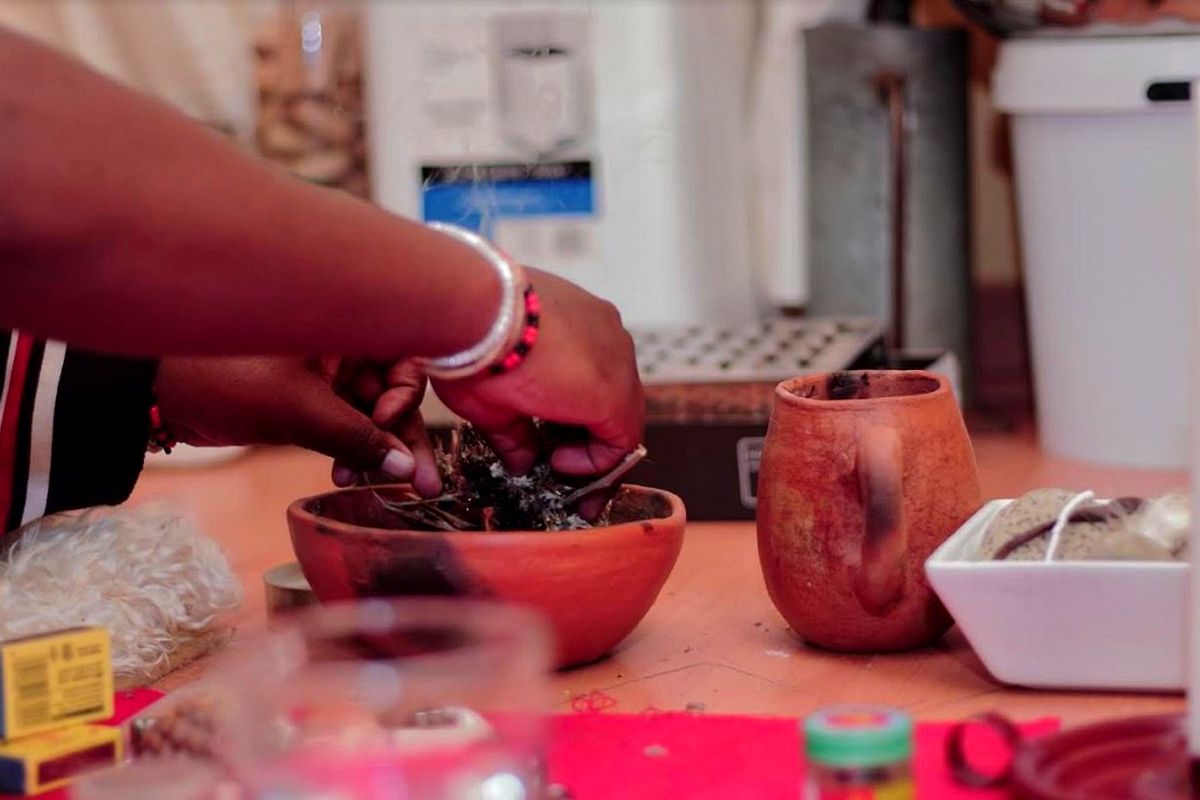UNLICENSED ‘moriana’ (traditional medicines) sold on the streets and backyards face closure as a regulatory authority to control medicines is on its way.
business
July 1, 2022
LINEO MABEKEBEKE
3 min read
‘Moriana’ businesses face closure

Traditional medicines
Story highlights
In a country where unregulated medicines have resulted in the use of ineffective, poor quality and harmful medicines, the establishment of the Medicines Regulatory Authority is expected to stop unlawful use of medication that can lead to therapeutic failure, exacerbation of diseases, resistance to medicines and sometimes deaths.
There is fear that such medicines might also have led to trafficking of substandard medical products, manufacturing of herbal medicines which have adverse effects on users, advertisements of medical products with false claims attached on the effects of medicines, malpractices in medicines outlets and unauthorised clinical trials.
The statutory body, which will be responsible for regulation and control of medicines and medical devices, shall regulate the manufacture, sale and use of medical products and ensure that such products meet the required standards of safety; efficacy and quality thus protect and promote public health.
The authority shall also ensure the appropriateness of information provided to the public and health professionals concerning medical products.
The Bill provides for establishment of the board which shall be the governing body of the authority. The functions of the board among others shall be to advice the minister on matters relating to medical products into schedules, declare and exempt any article as a medical product.
According to the Bill, it is an offence to manufacture, sell, distribute or circulate in the country a medical product which is not registered. Sale and use of unregistered medical products is prohibited - safe where allowed by the board.
The board may authorise sale of unregistered medical products for a specified purpose and only for a specified period. The Bill also provides for licensing of personnel handling medical products depending on their qualifications. The premises on which the medical product is manufactured, sold or distributed is also licensed and has to comply with the required standards.
It is an offense to import and export medical products unless a person is licensed by the authority, the medical product is registered and complies with boards requirements for quality, efficiency and safety, the container or package in which the medical product is contained in bears a label written in Sesotho and English and a certificate is issued by the board.
The Bill provides for appointment of inspectors who will determine that all requirements and conditions for licensing of the personnel and premises are complied with. The inspector will control and regulate compliance with good manufacturing practices, good clinical practices and good laboratory practices to ensure that medical products are of good quality, safety and efficacy.
Enjoy our daily newsletter from today
Access exclusive newsletters, along with previews of new media releases.
The Bill provides for monitoring of advertisements and promotion of medical products entering the market. The Bill also allows monitoring of clinical trials for new products unregistered and registered products for the protection of participants. The Bill prevents illegal sale or use of substandard, spurious, falsely labelled, falsified and counterfeit medical products.
Medical practitioners, whose input have influenced the proposed amendments, have welcomed the Bill, saying parliament’s initiative to engage them in the law making process was laudable to addressing medical products and public health matters.
Several medical bodies’ representatives submitted their views for consideration on the Bill through the portfolio committee.
The bodies include: the Lesotho Medical, Dental and Pharmacy Council (LMDPC), Lesotho Pharmaceutical Association (LPA), Lesotho Pharmacy Technician Association (LPTA), National Antimicrobial Resistance Coordinating Committee (NARCC) and Pharmacy Association of Lesotho (PAL).






